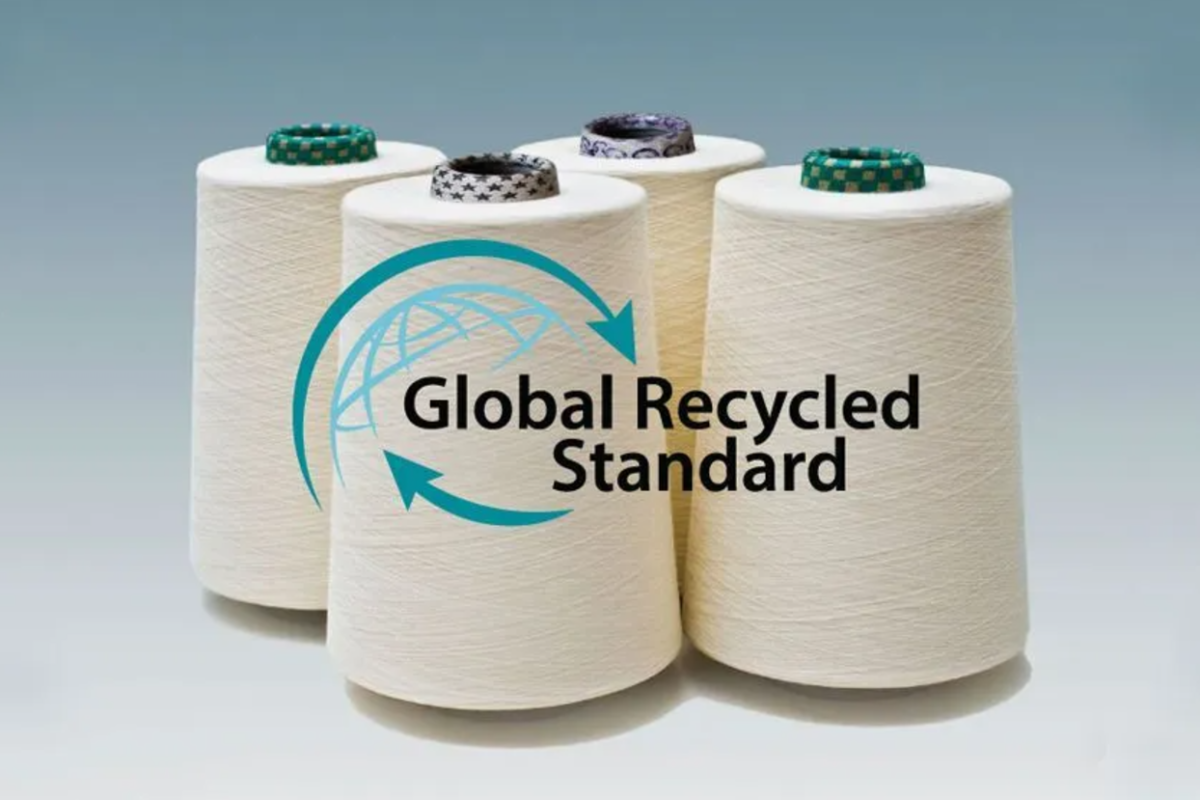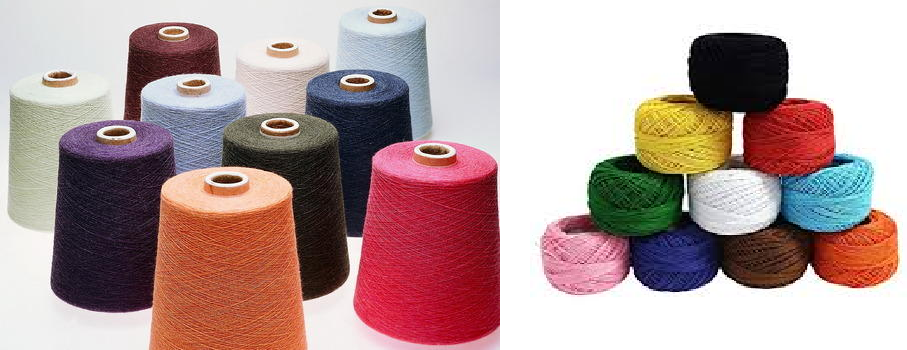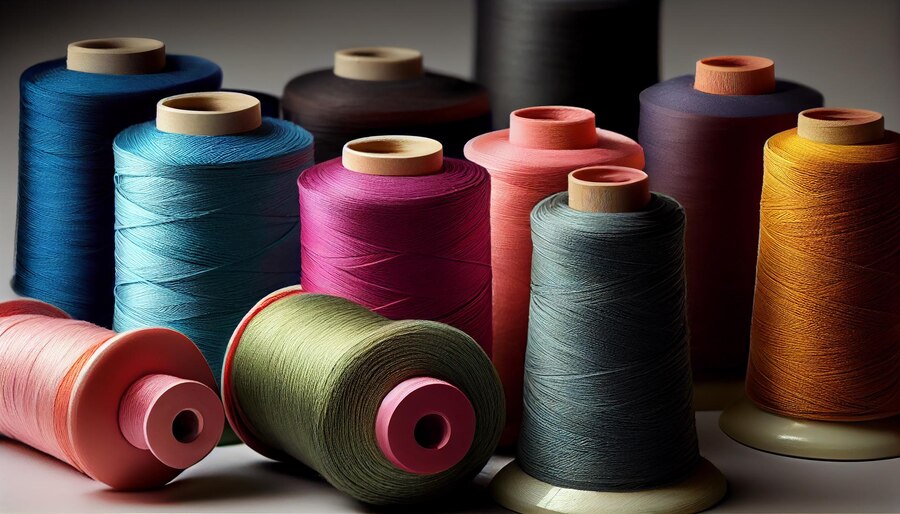As the fashion industry faces growing scrutiny over its environmental impact, sustainability has become more than just a trend—it’s a necessity. One of the most significant steps towards creating a more sustainable future in fashion is the adoption of Recycled Yarn. Recycled Yarn, made from post-consumer textiles, fabric scraps, and plastic bottles, offers brands a way to reduce waste, conserve resources, and lower their carbon footprint without compromising on quality.
In this blog, we spotlight the growing movement of eco-friendly fashion brands that are leading the way by incorporating Recycled Yarn into their collections, and how this shift is redefining the fashion landscape.
Why Recycled Yarn is the Future of Fashion
Recycled Yarn is revolutionizing the fashion industry by offering an alternative to traditional cotton and polyester. Virgin cotton is water-intensive and often requires the use of pesticides, while polyester is derived from fossil fuels, contributing to pollution and resource depletion. Recycled Yarn, on the other hand, helps close the loop by repurposing waste materials into new, high-quality fibers.
Using Recycled Yarn significantly reduces the need for raw materials, cuts down on energy and water consumption, and helps divert textile waste from landfills. This aligns perfectly with the growing demand for sustainable fashion as consumers become more environmentally conscious. The rise of Recycled Yarn is reshaping how fashion brands approach their product lines and manufacturing processes.
Leading Fashion Brands Embracing Recycled Yarn
A number of forward-thinking fashion brands have already made Recycled Yarn a cornerstone of their sustainable initiatives. These companies are not only reducing their environmental impact but also setting new standards for eco-friendly fashion. Let’s take a look at some of the most influential brands making waves with Recycled Yarn.
a. Patagonia
Patagonia has long been a pioneer in sustainable fashion. The outdoor clothing brand is known for its commitment to environmental responsibility, and Recycled Yarn plays a key role in its product offerings. Patagonia uses recycled polyester made from plastic bottles and fabric scraps to produce a range of garments, including fleeces, jackets, and T-shirts.
The company’s innovative practices extend beyond just using Recycled Yarn—they actively encourage customers to recycle their old Patagonia gear through their Worn Wear program. By promoting the reuse and recycling of garments, Patagonia continues to lead the charge in sustainable fashion.
b. Adidas
Adidas has made significant strides in integrating Recycled Yarn into its collections, particularly through its collaboration with Parley for the Oceans. The sportswear giant uses recycled polyester from ocean plastics to create its Parley collection, which includes footwear and apparel. Adidas’ commitment to sustainability is evident in its goal to eliminate the use of virgin polyester entirely by 2024.
The brand’s use of Recycled Yarn not only reduces its reliance on fossil fuels but also helps tackle the growing problem of plastic pollution in oceans. Adidas’ embrace of eco-friendly materials has earned it a reputation as one of the most sustainable brands in the sportswear industry.
c. Stella McCartney
A leader in sustainable luxury fashion, Stella McCartney has long championed eco-friendly practices, including the use of Recycled Yarn. The designer incorporates recycled materials into her collections, from ready-to-wear clothing to accessories, without sacrificing the luxurious quality and aesthetics her brand is known for.
Stella McCartney’s commitment to sustainability is evident in her use of recycled cashmere, recycled nylon, and polyester made from post-consumer waste. By blending high fashion with eco-conscious values, the brand continues to inspire other luxury labels to adopt sustainable practices.
d. H&M Conscious
H&M, one of the world’s largest fast-fashion retailers, has recognized the importance of sustainability in its operations. Through its Conscious collection, H&M uses Recycled Yarn made from textile waste, plastic bottles, and post-consumer garments to create eco-friendly clothing at affordable prices.
The Conscious collection showcases how Recycled Yarn can be used in everyday fashion, offering consumers stylish and sustainable options that don’t break the bank. H&M’s efforts to integrate recycled materials on a large scale have helped bring eco-friendly fashion into the mainstream, making it accessible to a wider audience.
e. Girlfriend Collective
Girlfriend Collective, a brand known for its activewear, has made sustainability a core part of its identity. The brand uses recycled polyester and nylon made from post-consumer waste—primarily plastic bottles and fishing nets—to create leggings, sports bras, and other athleisure pieces.
Girlfriend Collective’s dedication to transparency sets it apart. The brand openly shares information about its manufacturing processes, materials, and environmental impact, empowering consumers to make informed choices. By using Recycled Yarn, Girlfriend Collective proves that sustainable fashion can be functional, stylish, and transparent.
How Recycled Yarn Benefits the Fashion Industry
The adoption of Recycled Yarn by these leading brands is not only a testament to the growing demand for sustainability but also highlights the numerous benefits Recycled Yarn offers the fashion industry.
a. Resource Conservation
Recycled Yarn helps conserve water, energy, and raw materials by repurposing existing waste. By using post-consumer textiles, fabric scraps, and plastic bottles, brands can reduce their reliance on virgin cotton and polyester, which require extensive resources to produce.
b. Reducing Textile Waste
Textile waste is a major issue in the fashion industry, with millions of tons of clothing ending up in landfills each year. Recycled Yarn provides a solution by giving new life to discarded fabrics and garments. This circular approach helps reduce the industry’s overall waste footprint and encourages more sustainable consumption.
c. Lower Carbon Footprint
The production of Recycled Yarn typically emits fewer greenhouse gases compared to virgin yarn. For example, recycled polyester uses up to 50% less energy than virgin polyester. By reducing emissions, the use of Recycled Yarn helps fashion brands meet their carbon reduction targets and contribute to the fight against climate change.
d. Consumer Appeal
Eco-conscious consumers are increasingly looking for sustainable alternatives in fashion. Brands that incorporate Recycled Yarn into their collections are better positioned to attract this growing demographic. By offering high-quality, stylish, and sustainable products, brands can build stronger relationships with customers who prioritize environmental responsibility.
The Future of Fashion with Recycled Yarn
As more brands realize the environmental and economic benefits of Recycled Yarn, its role in fashion will only continue to grow. The shift towards eco-friendly materials represents a broader transformation in the industry, as consumers, designers, and manufacturers work together to create a more sustainable fashion ecosystem.
At KS Spinning Mills, we are proud to be part of this movement by producing high-quality recycled cotton-poly blended yarn that meets the needs of modern fashion brands. Our commitment to sustainability and innovation ensures that our yarn not only delivers on performance but also helps reduce the environmental impact of textile production.
Conclusion: Paving the Way for Sustainable Fashion
The fashion industry is at a pivotal moment, and Recycled Yarn is playing a key role in shaping its future. Leading brands like Patagonia, Adidas, Stella McCartney, H&M, and Girlfriend Collective are proving that eco-friendly fashion is not only possible but also desirable. By embracing Recycled Yarn, these brands are setting new standards for sustainability and inspiring the industry to follow suit.
As more companies adopt recycled materials, the fashion industry can move towards a future where style and sustainability go hand in hand. The future of fashion is green—and Recycled Yarn is leading the way.



